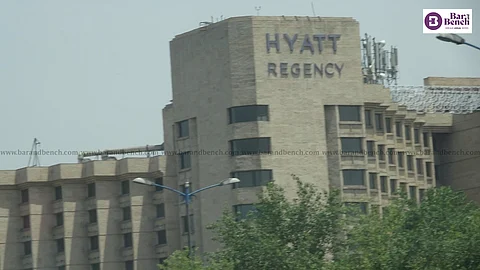
- Latest Legal News
- News
- Dealstreet
- Viewpoint
- Columns
- Interviews
- Law School
- Legal Jobs
- हिंदी
- ಕನ್ನಡ

The Supreme Court on Thursday held that a foreign company with significant operational control through local subsidiaries in India constitutes a Permanent Establishment (PE) making its income taxable in India even while globally incurring losses. [Hyatt International Southwest Asia Ltd. vs. Additional Director of Income Tax]